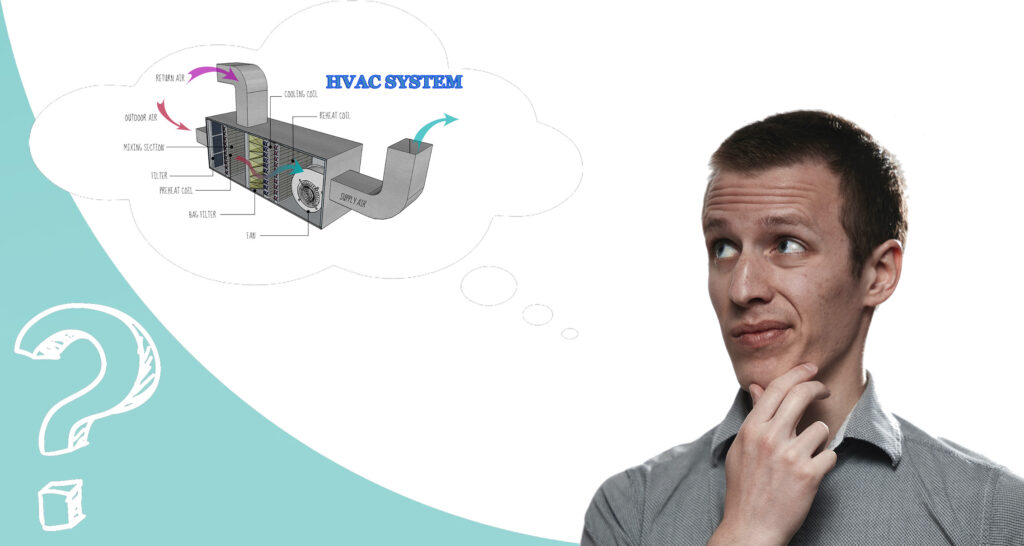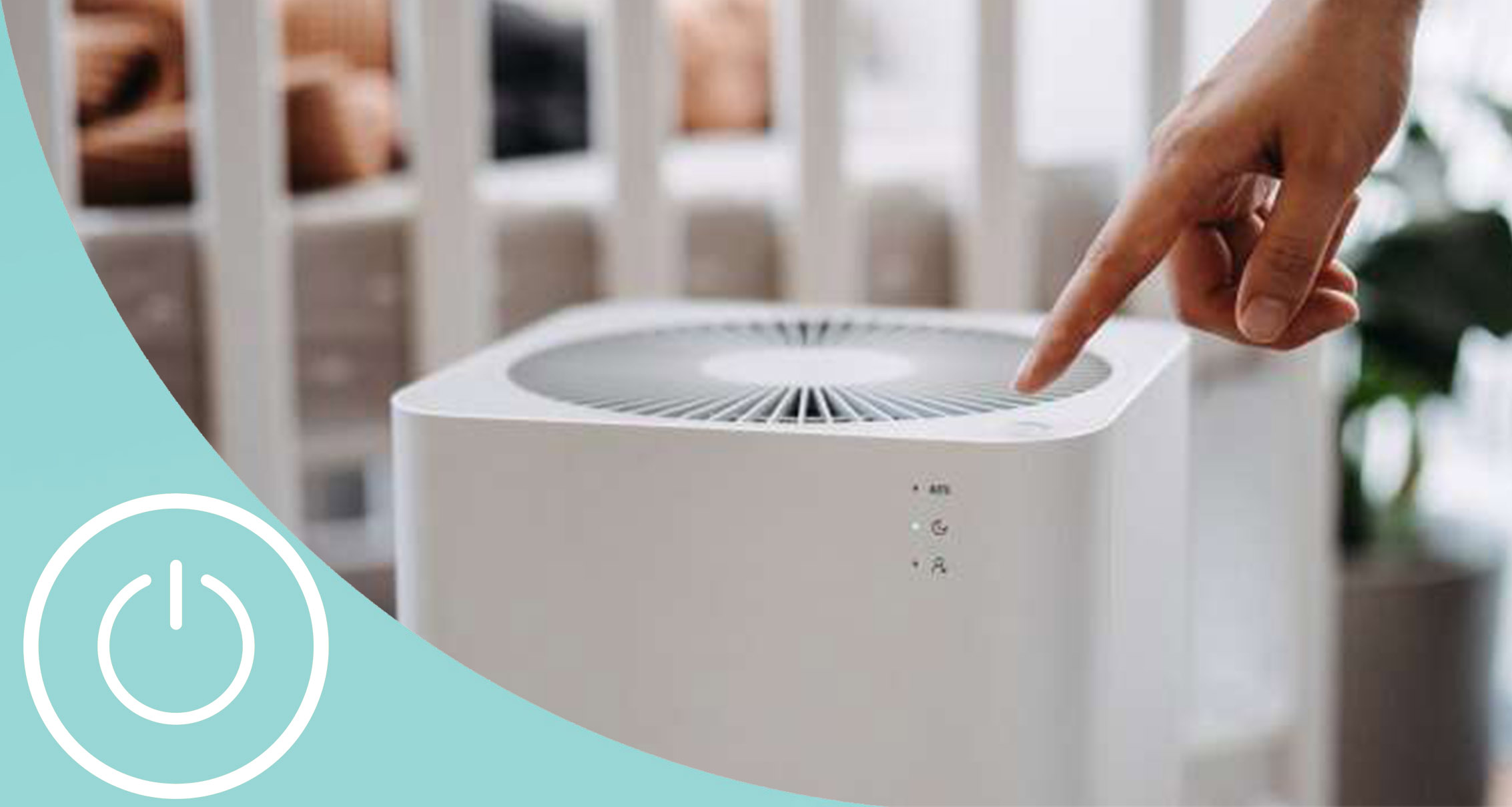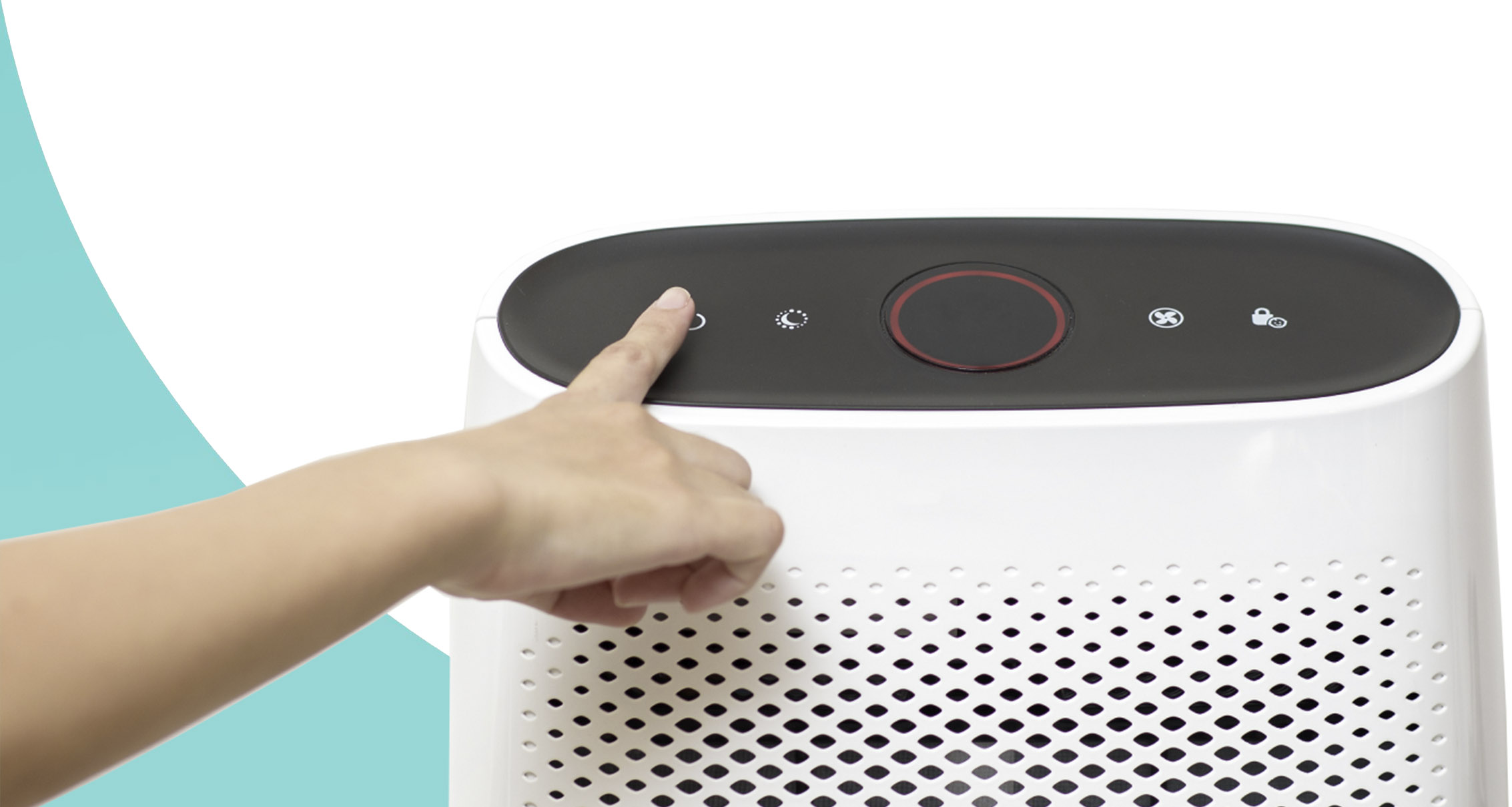
Table of Contents
HVAC Meaning: What is HVAC?
HVAC stands for Heating, Ventilation, and Air Conditioning. It refers to the system or technology used to control the temperature, humidity, and air quality within a building or enclosed space.
What is an HVAC system?

An HVAC system is a comprehensive setup that integrates various components to provide heating, ventilation, and air conditioning functions. The main components of an HVAC system include:
Furnace
A furnace is a heating component of an HVAC system that generates heat by burning fuel, such as gas or oil. It distributes the warm air throughout the home via ductwork or other means.
Air conditioner
Air conditioners are responsible for cooling the air in an HVAC system. They extract heat and moisture from the indoor air, using refrigerant to absorb and release heat, thereby providing a comfortable indoor environment during hot weather.
Heat pump
A heat pump is a versatile component that can both heat and cool the air. It operates by transferring heat from one location to another, depending on the desired temperature. Heat pumps are particularly efficient in moderate climates.
Air handler

An air handler is a crucial part of the HVAC system. It circulates and distributes the conditioned air throughout the home. The main elements of an air handler include a blower, filter, heating or cooling coils, and other necessary equipment to maintain airflow.
Ductless systems
Ductless HVAC systems, also known as mini-split systems, are an alternative to traditional ducted systems. They consist of an outdoor unit and one or more indoor units, providing individualized control and flexibility. Ductless systems are ideal for homes without existing ductwork or for room additions.
Thermostat
The thermostat acts as the control center for the HVAC system. It allows users to set and adjust the desired temperature and manage the system’s operation. Modern thermostats often include programmable features and connectivity options for enhanced energy efficiency and convenience.
What factors affect the cost of a new HVAC system?

Several factors influence the cost of installing a new HVAC system in your home:
Location
The region you live in plays a role in determining the cost. Factors such as climate, local building codes, and availability of energy sources can affect the overall expenses.
Home size and construction
The size of your home and its construction complexity impact the cost of the HVAC system. Larger homes require more extensive systems, while intricate constructions may pose challenges during installation.
Ductwork
The presence or absence of existing ductwork affects the cost. If your home already has ductwork in place, it can reduce the cost of installation. However, if ductwork needs to be installed or repaired, it can increase the overall expenses.
Project difficulty
The complexity of the installation project affects the cost. For example, retrofitting an HVAC system into an older home with limited space may require additional work and incur higher costs.Article Sponsored Find something for everyone in our collection of colourful, bright and stylish socks. Buy individually or in bundles to add color to your sock drawer!
The benefits of an HVAC system

Investing in a home HVAC system provides several benefits, including:
Improved comfort
An HVAC system ensures a consistent and comfortable indoor environment throughout the year. It can provide warmth in the winter, cool air in the summer, and maintain optimal humidity levels.
Energy efficiency
Modern HVAC systems are designed to be energy-efficient, resulting in lower energy consumption and reduced utility bills. Energy-saving features, such as programmable thermostats and high-efficiency components, contribute to cost savings.
Money-saving
Although the initial cost of installing an HVAC system can be significant, it can lead to long-term savings. By optimizing energy usage, you can reduce monthly energy bills and potentially qualify for rebates or tax incentives.
How do you know if you should repair or replace your HVAC system?

Determining whether to repair or replace your HVAC system depends on various factors, including the system’s age, condition, and repair costs. As a general rule of thumb, consider the following guidelines:
If your HVAC system is more than 10–15 years old and requires frequent and costly repairs, it may be more cost-effective to replace it with a new, more efficient system.
If your system is relatively new and the repairs are minor and infrequent, repairing the existing system might be a viable option.
Consulting with a professional HVAC technician can provide valuable insights and help you make an informed decision.
FAQs
Is a new HVAC system worth it?
Investing in a new HVAC system can be worthwhile, especially if your current system is outdated, inefficient, or requires frequent repairs. A new system can improve comfort, energy efficiency, and potentially save you money in the long run.
How long does an HVAC system last?
The lifespan of an HVAC system depends on various factors, including its quality, maintenance, and usage. On average, a well-maintained system can last between 15 to 20 years. However, some components, such as furnaces, may have a shorter lifespan.
What is included in a new HVAC system?
A new HVAC system typically includes the main components such as a furnace, air conditioner or heat pump, air handler, and thermostat. The specific components may vary based on your requirements and the system you choose.
How do I get the best deal on a new HVAC system?
To get the best deal on a new HVAC system, consider the following tips:
• Research and compare multiple HVAC contractors to ensure competitive pricing.
• Seek recommendations from trusted sources, such as friends, family, or online reviews.
• Inquire about available financing options, rebates, or incentives that can help offset the cost.
• Opt for energy-efficient systems that may qualify for energy-saving rebates or tax credits.
• By taking these steps, you can find the best combination of affordability, quality, and long-term savings for your home HVAC system.
Now that you have a better understanding of HVAC systems, you can make an informed decision when it comes to selecting the best HVAC system for your home and budget. Remember to consider factors such as your location, home size, and construction, as well as the benefits of improved comfort and energy efficiency. By weighing these factors and consulting with HVAC professionals, you can make a wise investment in your home’s heating, ventilation, and air conditioning.





